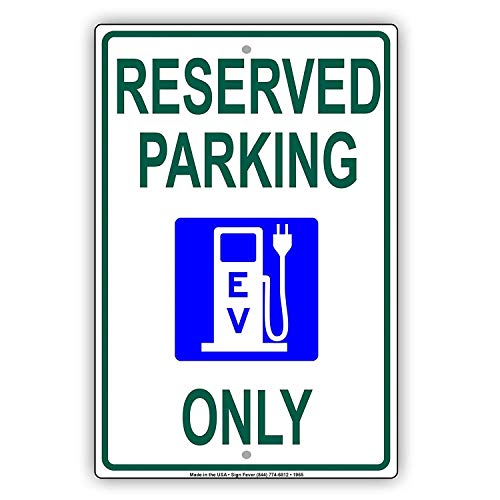Not being an EV owner YET, I have no idea what the normal cost of a charge at a public charging station is, although I have heard of some charging £4.50 a time. So what would YOU pay to charge your PHEV?
I was doing some sums about what a charge is worth compared to just running in hybrid mode. It might surprise you. I am basing my calculations on Mitsubishi's official figures, so assuming 32 miles on a full charge and 47 MPG on petrol. YMMV.
Equivalent amount of petrol used to drive 32 miles = 32/47 gallons = 0.68 imperial gallons = 3.09 litres.
Cost of 3.09 litres of unleaded petrol based on today's UK average = £4.01
Assuming a fast charger only gives an 80% charge, value of a charge compared to petrol = £3.21.
So would you pay £3 for a charge or would you just use petrol? Where would be your cut-off point before it becomes too much trouble?
How does it work out for PHEV owners in other countries?
I was doing some sums about what a charge is worth compared to just running in hybrid mode. It might surprise you. I am basing my calculations on Mitsubishi's official figures, so assuming 32 miles on a full charge and 47 MPG on petrol. YMMV.
Equivalent amount of petrol used to drive 32 miles = 32/47 gallons = 0.68 imperial gallons = 3.09 litres.
Cost of 3.09 litres of unleaded petrol based on today's UK average = £4.01
Assuming a fast charger only gives an 80% charge, value of a charge compared to petrol = £3.21.
So would you pay £3 for a charge or would you just use petrol? Where would be your cut-off point before it becomes too much trouble?
How does it work out for PHEV owners in other countries?


































